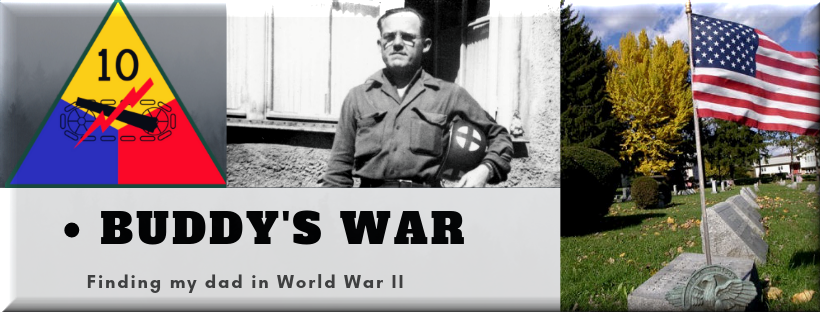Boogie Woogie Bugle Boy (1941)
Don’t Sit Under the Apple Tree (1942)
American Patrol (1942)
Praise the Lord and Pass the Ammunition (1942)
I’ll Be Home for Christmas (1943)
G.I.Jive (1944)
Sentimental Journey (1944)
(Link)
Other pieces were written by “classical” and other composers to inspire and uphold the values of the United States. They were not pop culture as much as they were ways of maintaining the morale of those at home. One example is Aaron Copland’s Fanfare for the Common Man (1942).
One song has inspired me since the first time I played it in band more than 50 years ago. It was based on a war-related song written long before World War II- When Johnny Comes Marching Home. According to Wikipedia it was “a popular song from the American Civil War that expressed people's longing for the return of their friends and relatives who were fighting in the war…. [It]was immensely popular and was sung by both sides of the American Civil War." (Link)
Morton Gould (1913-1996) was an American composer, conductor, arranger, and pianist. He did everything from symphonies to Broadway. His range and ability to cross styles and genres made him a remarkable musician. In World War II he was called upon to write a piece for inspiration to America. He chose When Johnny Comes Marching Home Again and titled it, American Salute. I have played it countless times and it never fails to move me. Here, talking about his ability, is a description from a U.S. Marine Band booklet on Gould.
Nowhere is [his skill] more evident than in his iconic “American Salute,” based on the tune “When Johnny Comes Marching Home.” Written in 1942 in the early days of World War II, it was composed at the request of a government radio program producer who wanted a “salute to America.” The composer insisted that he had no idea that the work was destined to become a classic: “It was years before I knew it was a classic setting. What amazes me is that critics say it is a minor masterpiece, a gem. To me, it was just a setting. I was doing a million of those things.” A million may be an exaggeration, but not by much. The pace of Gould’s schedule in those days is astounding. By his own account he composed and scored “American Salute” in less than eight hours, starting at 6 p.m. the evening before it was due (with copyists standing by), and finishing at 2 a.m. Although the ink couldn’t have been dry, the score and parts were on the stands in time for rehearsal the next morning and ready for broadcast that evening. (Link)
Throughout the years I have been researching, reading, and writing on my Dad and World War II, I have attempted to keep the music and atmosphere of the times in mind. Beula, my grandmother, talked very little about the popular culture of the day simply, at times, mentioning that they went to "a show." Underneath it all was often the music of the day. As I listen I can feel the connection of culture, longings and fears, and the hopes of those times 75 years ago.

No comments:
Post a Comment